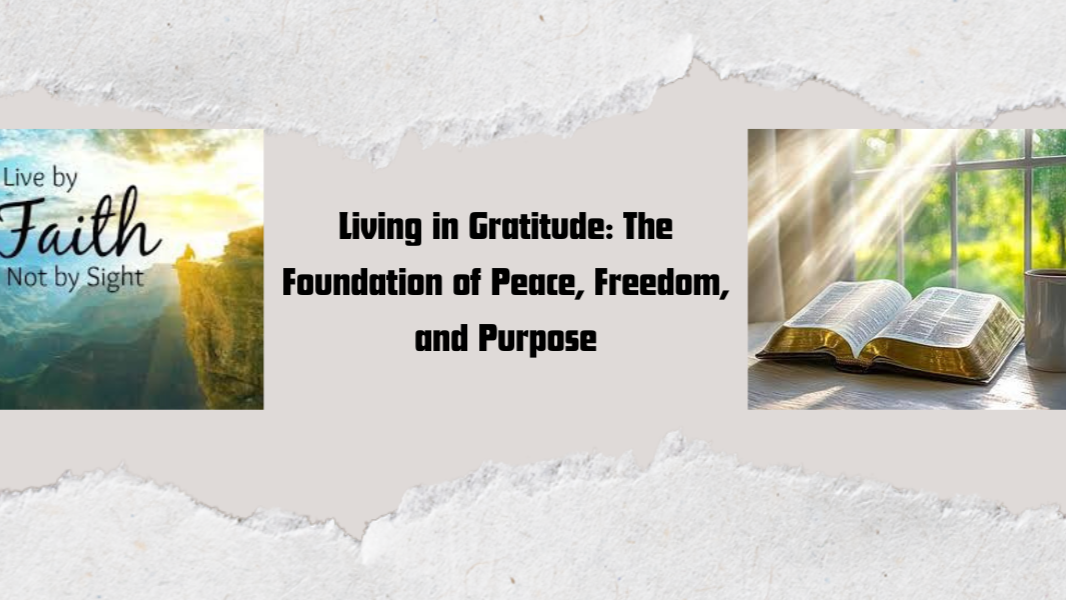Exploring meaning, legacy, and your gifts

This is a question we ask ourselves
Questions like these usually show up when you’re ready to live with more intention. There isn’t one “right” answer, but there is a reliable process to discover it. Here’s a concise framework that blends reflection, science-backed insights, and practical action.
1) Finding your gifts: three overlapping lenses
Think of your gifts as the intersection of:
- What energizes you (not just what you’re good at)
- Where you create value for others
- What you’re willing to practice over time
Try these quick prompts:
- Energy audit: Over the last 2 weeks, when did you feel most alive, curious, or “in flow”? What were you doing, with whom, and why did it matter?
- Effortless excellence: What do people thank you for that feels “no big deal” to you?
- Pattern spotting: Across your life, what themes keep resurfacing (teaching, fixing, creating, caring, connecting, organizing, expressing)?
If it helps, consider common “gift archetypes”:
- The Connector (bringing people together)
- The Guide (mentoring, coaching, teaching)
- The Builder (making systems, products, or organizations)
- The Healer (supporting emotional or physical wellbeing)
- The Visionary (seeing possibilities and inspiring others)
- The Craftsperson (elevating quality and beauty)
- The Advocate (standing up for others, justice, or the planet)
- The Optimizer (improving processes, clarity, and decisions)
Which two feel most like you?
2) Why it feels hard for some (and easy for others)
A few honest dynamics:
- Clarity favors action: People who “find it” faster usually test more small bets. Action reveals fit more than thinking alone.
- Environment matters: Supportive peers/mentors, psychological safety, and time for reflection all accelerate clarity.
- Comparison traps: We overestimate others’ certainty and underestimate the years of iteration behind it.
- Identity friction: Letting go of an old identity (what you “should” be) is emotionally costly—so some delay. That’s normal.
- Values conflict: If your day-to-day incentives conflict with your values, you’ll feel stuck even if you’re talented.
None of these mean you’re off-track; they’re signals about what to adjust.
3) Secrets (that aren’t really secrets)
- Small, repeated generosity compounds. One hour a week devoted to helping others in your lane builds a reputation and a legacy faster than big, sporadic gestures.
- Specificity beats scale early. Serve a narrow “who” with a clear “what.” Depth first, then breadth.
- Your wound can be your gift. Many people turn a hard chapter into a path of contribution (e.g., helping those facing what you once faced).
- Ritual creates meaning. A consistent practice (weekly reflection, monthly volunteering, mentoring one person per quarter) anchors purpose.
- Tell your story. Sharing your honest journey (including uncertainty) impacts more people than polished advice.
4) A simple 30-day experiment to surface your gifts
Week 1: Reflection and input
Write two pages answering: “Moments I felt most alive,” “Things people thank me for,” and “Problems I can’t stop caring about.”
Ask 5 people (who’ve seen you at your best): “When have you seen me at my best? What do you come to me for?”
Week 2: Small bet #1
Choose one micro-project serving a specific group you care about. Examples: Host a 60-minute circle for new grads, caregivers, or career switchers. Publish a concise guide/checklist on a problem you’ve solved. Offer three free 30-min mentoring sessions. Improve a small process for a local nonprofit.
Week 3: Measure resonance
After each interaction, ask: “What was most useful? What should I do more/less of?” Track what energizes you.
Week 4: Small bet #2 (double down or pivot)
Do a second iteration with what resonated most. Slightly increase the stakes or clarity (e.g., define a 3-session mini-program, cohost an event, create a template/tool).
- Outcome: By day 30, you’ll have lived data about your gifts and a direction for your legacy that’s anchored in impact, not speculation.
5) Designing a legacy you can start now
Legacy = values in action × consistency × people.
- Choose 1–2 values you want to be known for (e.g., dignity, courage, clarity, compassion).
- Translate them into habits: Dignity: “I write one meaningful note of appreciation each week.” Courage: “I take one uncomfortable, values-aligned action each week.” Clarity: “I publish one useful piece per month.”
- Choose your “people”: Who specifically do you want to leave better off? Name them.
6) A quick self-inventory (answer in a sentence or two)
Which two archetypes fit you best?
- A community you care about helping right now:
- A problem they face that you understand deeply:
- One small action you can take in the next 7 days:
If you’d like, share your answers to help serve others and also we can help answer some questions that you may be interested in learning more about.





